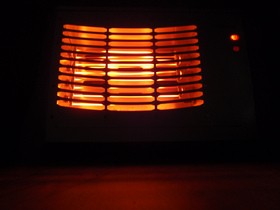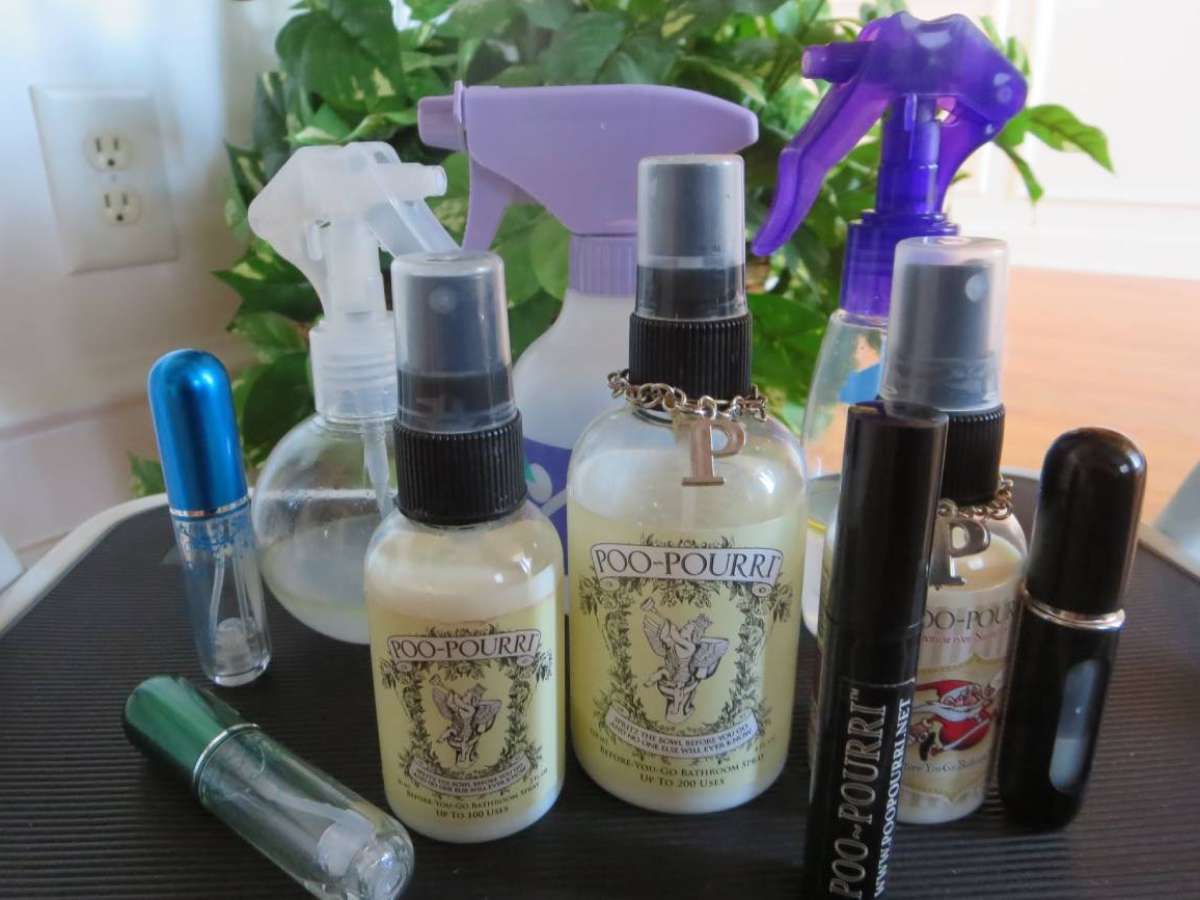 Generally speaking, space heaters are used for 2 reasons:
Generally speaking, space heaters are used for 2 reasons:
- to heat one room; or
- to make up for the fact that the main heating system doesn’t adequately heat a room.
In both cases, a space heater can be used as a supplemental heat source.
Whatever the reason for your choosing to use a space heater, there are some things that you should know about space heaters first.
Types Of Space Heaters
There are 2 primary ways that space heaters can heat a room:
- Radiant space heaters emit infrared radiation that warms up anything that is in the heater’s direct path, including people and objects.
- Convection space heaters rely on the air and how it circulates to warm the room.
Radiant heaters are a more efficient choice when you will be in a room for only a few hours, if you can remain within the line of sight of the heater. They can be more efficient when using a room for a short period because they avoid the energy needed to heat the entire room by instead directly heating the occupant of the room and the occupant’s immediate surroundings. — Energy Efficiency And Renewable Energy
The space heaters that most people are familiar with are convection rather than radiant space heaters.
Vented vs Unvented Space Heaters
There are 2 classifications for space heaters: vented and unvented.
Unvented space heaters are not a good idea to use in your home because they have the ability to add things like nitrogen oxides, carbon monoxide, and water vapor to the air in the room — all of which can cause health problems and can even be fatal. Another problem with unvented space heaters is that they use up the air in the space they are being used in.
In most places in the United States, unvented kerosene space heaters have been banned for use in the home, and 5 states have banned the use of space heaters that run on natural gas. They simply aren’t safe. If you use an unvented space heater, you are risking your health.
Vented space heaters are designed to be placed next to an outside wall. This way, a flue gas vent can be put through the ceiling or wall going to the outside. There is little to no chance of anything bad being added to the air you are breathing or of the air being used up with a vented space heater.
Sealed Combustion Space Heaters
Some of the better made vented units actually have a duct that brings air from the outside to the burner and have a sealed glass plate that keeps the air from the room from feeding the burner. If you are looking to purchase a vented space heater, choose one that is 100% outdoor air or sealed combustion to be safe.
A sealed combustion vented space heater is the best and most efficient kind of space heater because it does not allow for the warm air to be drawn from the room and sent outside. It is also highly improbable that anything that is being sent outdoors will suddenly be sent back into your room and thus affect your air quality.
There are less expensive and less safe combustion space heaters, though it is not recommended that you buy them. These use the air in your room for combustion, and they don’t have a sealed glass front that keeps the air from the room away from the burner inside the space heater. If you choose to use this type of space heater, there are a few things you want to keep in mind:
- Don’t use any other fuel other than what the heater was manufactured to burn.
- Don’t overfill the heater.
- Only transfer the fuel in approved containers.
- Store leftover fuel outside.
A Word About Carbon Monoxide Poisoning
Be sure and have your vented space heater inspected once a year without fail because if the vent becomes damaged, or corroded, or blocked, or if the unit is installed improperly, carbon monoxide can build up and enter the air in your room.
Carbon monoxide is lethal to humans and you cannot smell it, so having your vented space heater inspected yearly can help to make sure you don’t wind up with carbon monoxide in your home.
Electric Space Heaters
When it comes to unvented space heaters, the only kind that it is safe to operate inside your home are electric space heaters.
While you don’t have to worry about your air supply being contaminated by an electric space heater, you can be burned by one. Likewise, electric space heaters can also start fires.
In 1994, electric space heaters were associated with 2,400 fires resulting 80 deaths, 240 injuries and $48.2 million in property loss. Source
Some things to keep in mind when using an electric space heater:
- You should only plug an electric heater directly into a wall socket, not an extension cord unless it is a heavy duty extension cord with a 14 gauge wire or bigger.
- You also want one that has a tip over switch, meaning that if the heater somehow gets tipped over, it automatically turns itself off, thus preventing a fire, or even a pet or child from getting burned.
Before You Buy A Space Heater
Some things to keep in mind when purchasing any type of space heater…
1. Make sure it is a newer model and has all the safety features available.
2. Only choose space heaters that have a thermostat because they avoid wasting energy.
3. Select the right size of heater for the size of the room you want to heat.
4. Purchase only electric space heaters that have a guard around the heating element.
5. Don’t run the cord from your space heater under a rug to “hide” it from view; it could overheat.
6. Don’t leave space heaters unattended, or turned on while you are sleeping. This is how many house fires have gotten started.
7. Keep at least 3 feet between your space heater and anything else. This makes sure that you don’t accidentally set something on fire.
8. Put the heater only on a level surface and in a place that is away from where pets and children are likely to be traveling.
My favorite things to write about are topics that have to do with pregnancy, weddings, saving money, living green, and life with dogs. When I’m not writing, I love to spend time with my husband, read, create 3D artwork and Native American beadwork.




